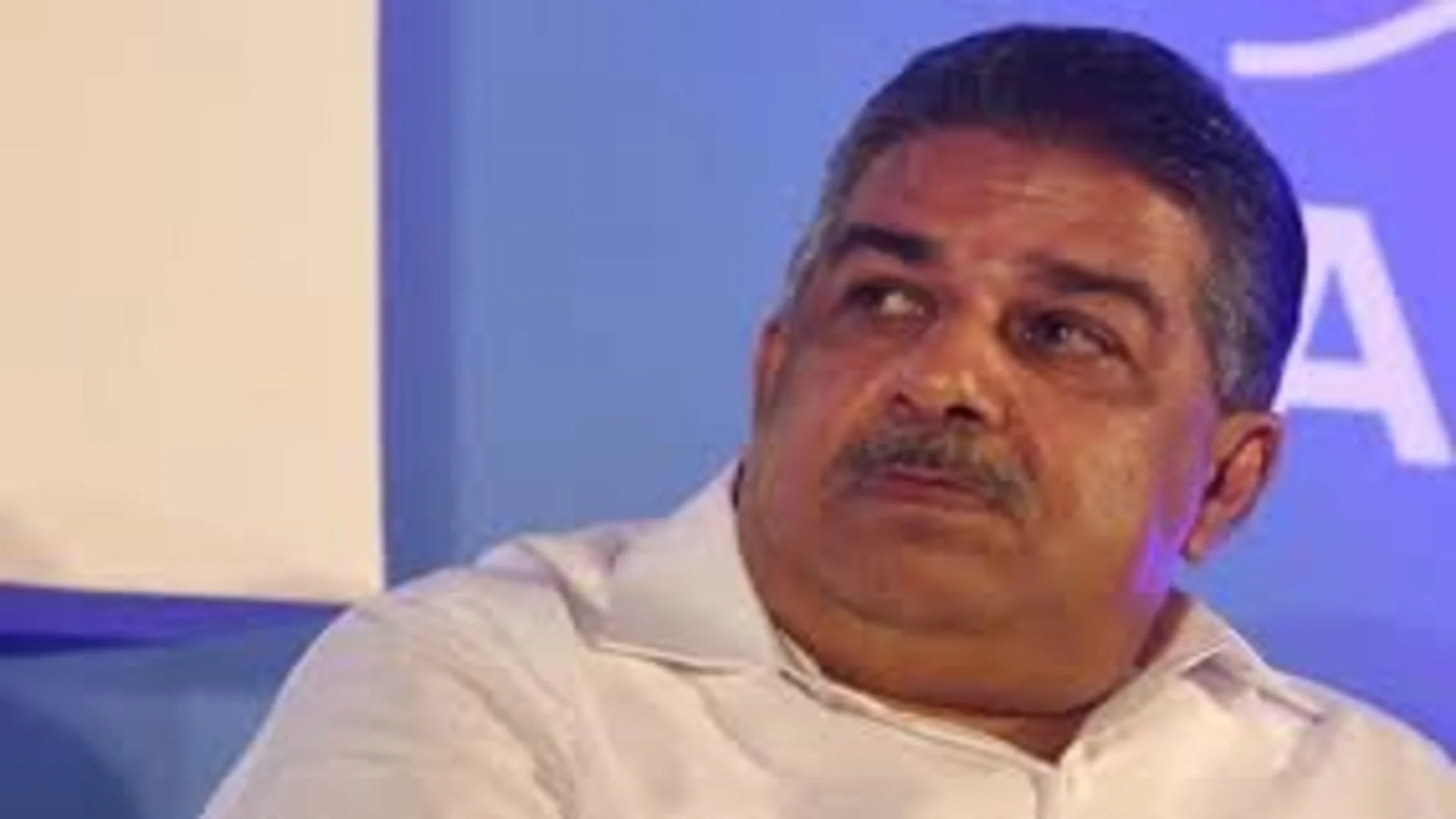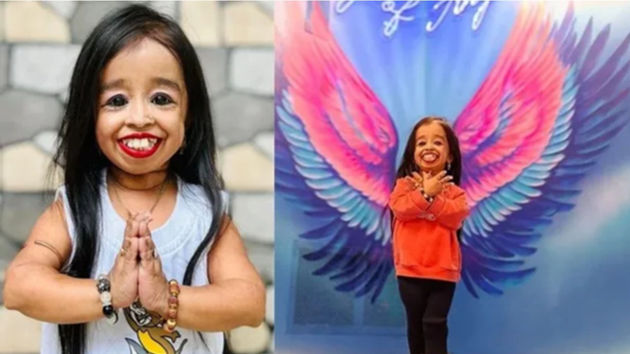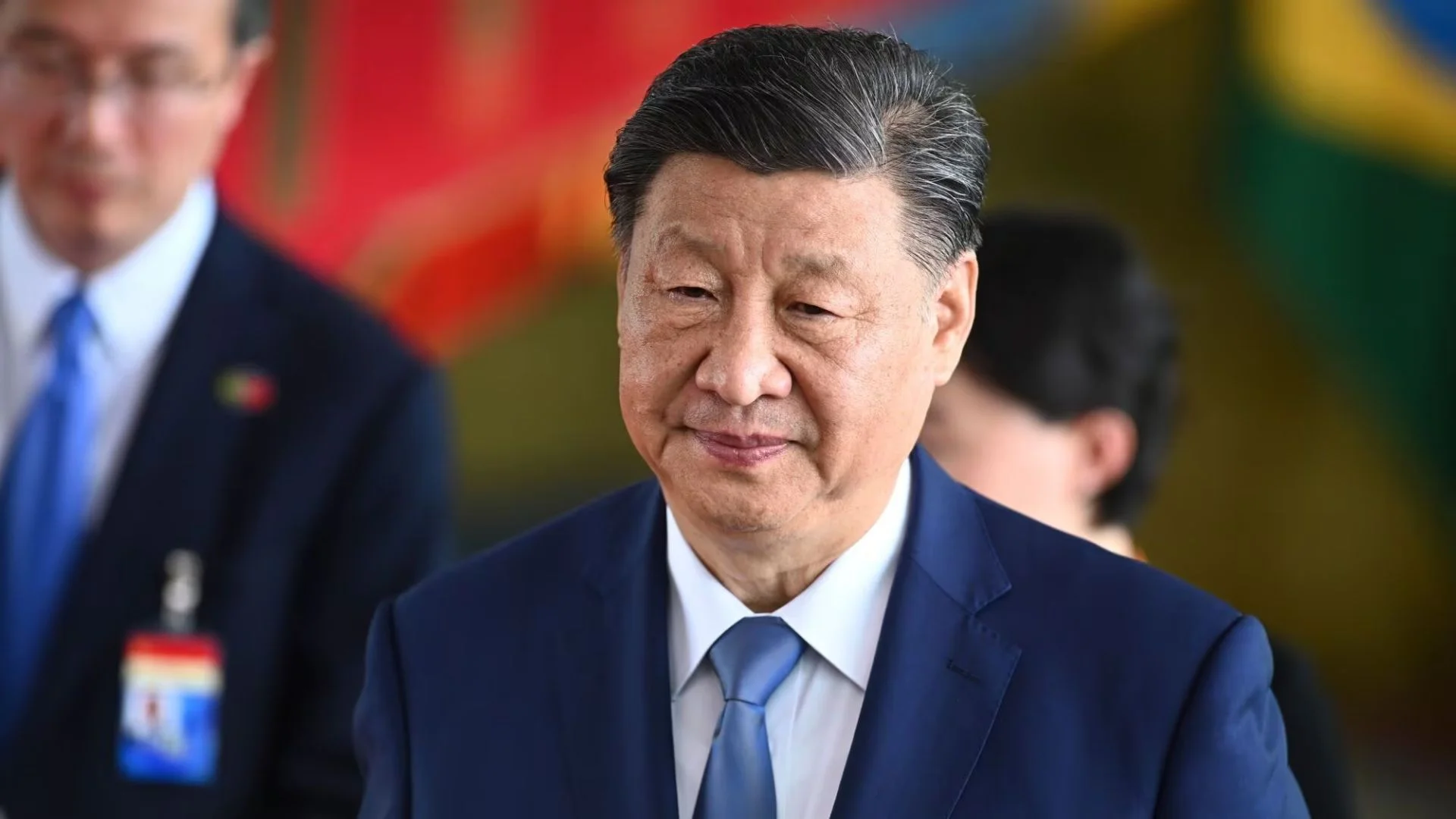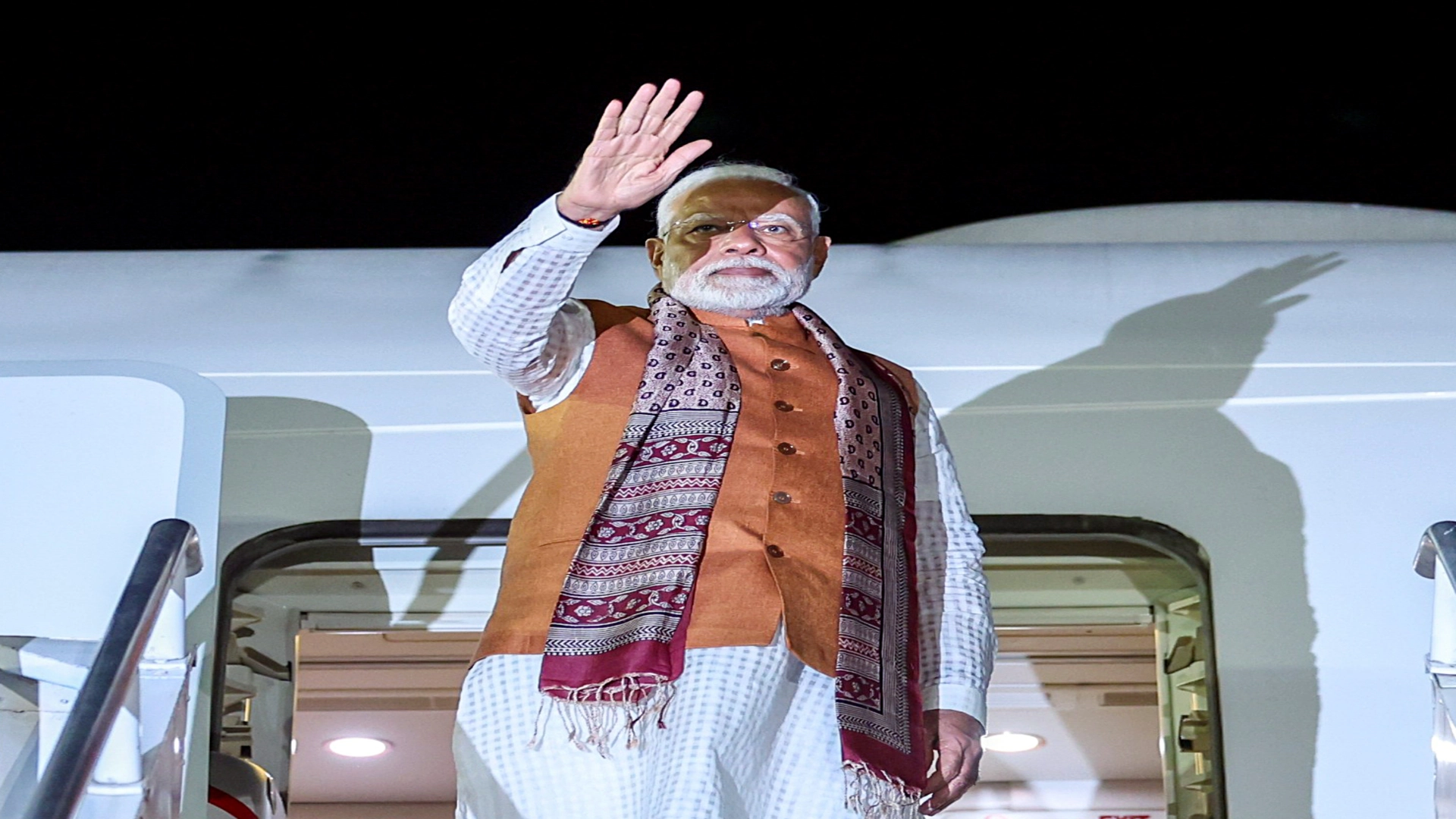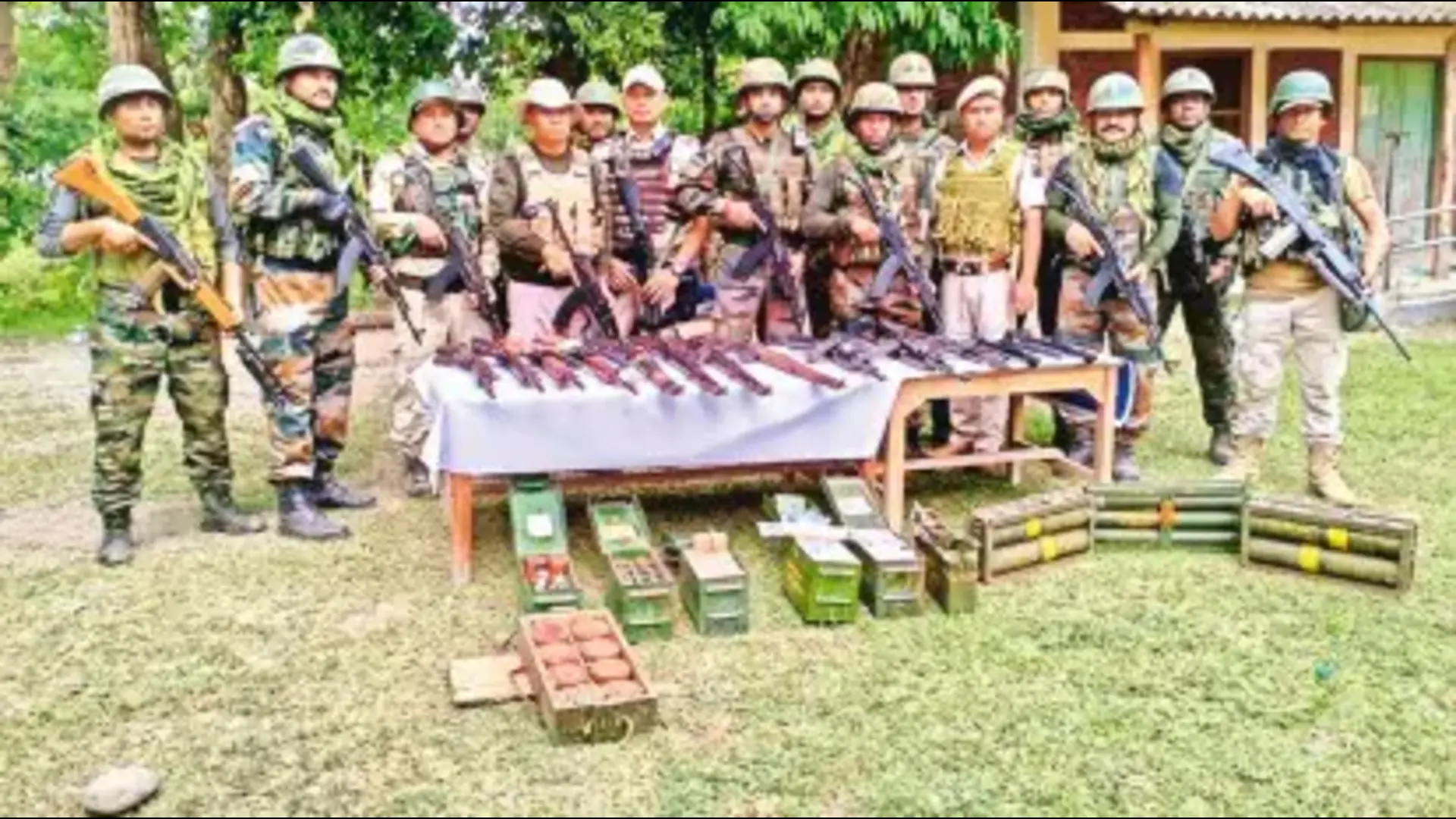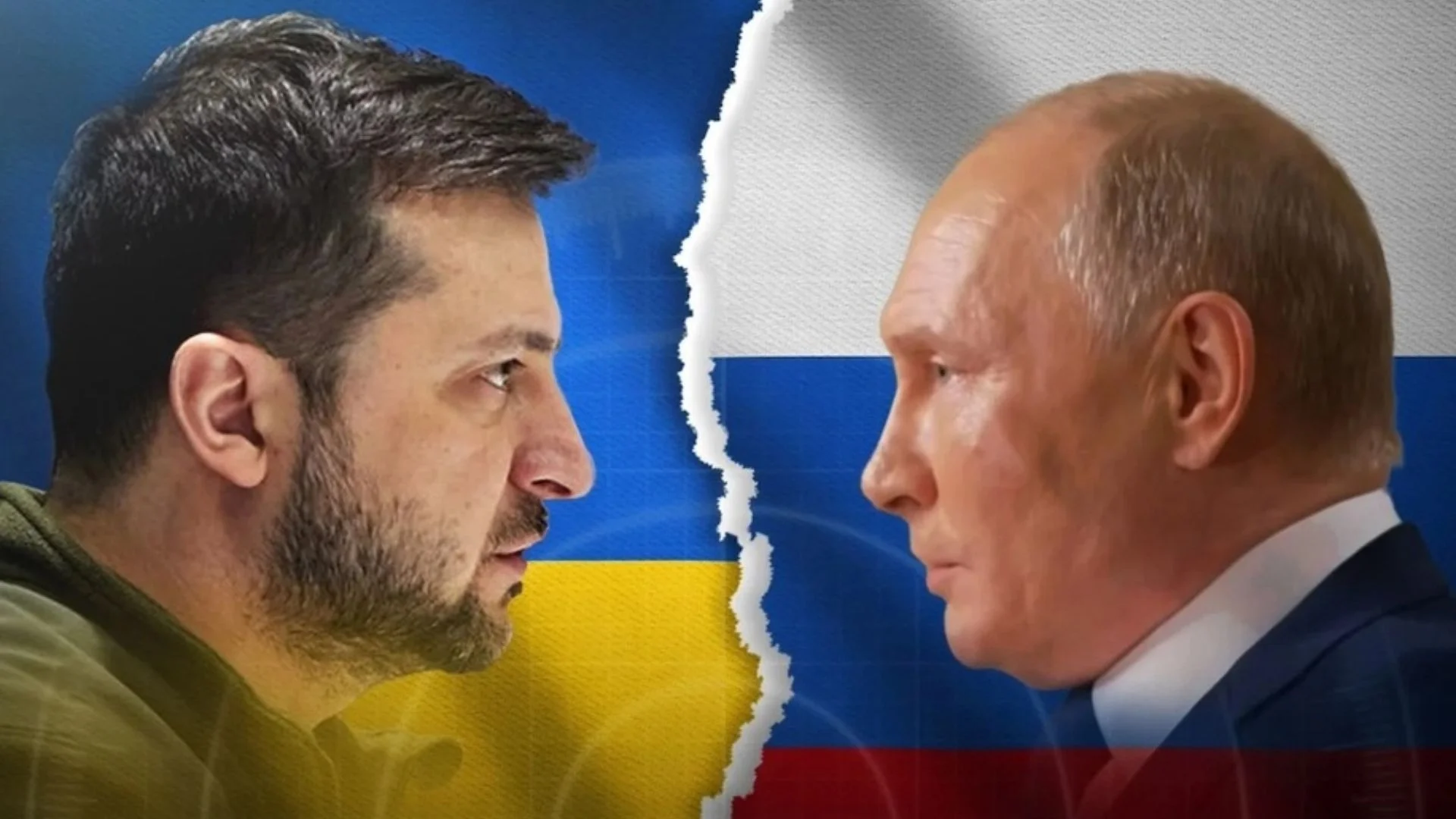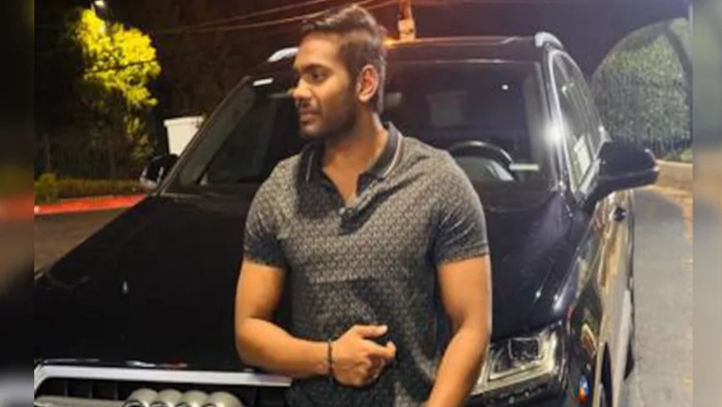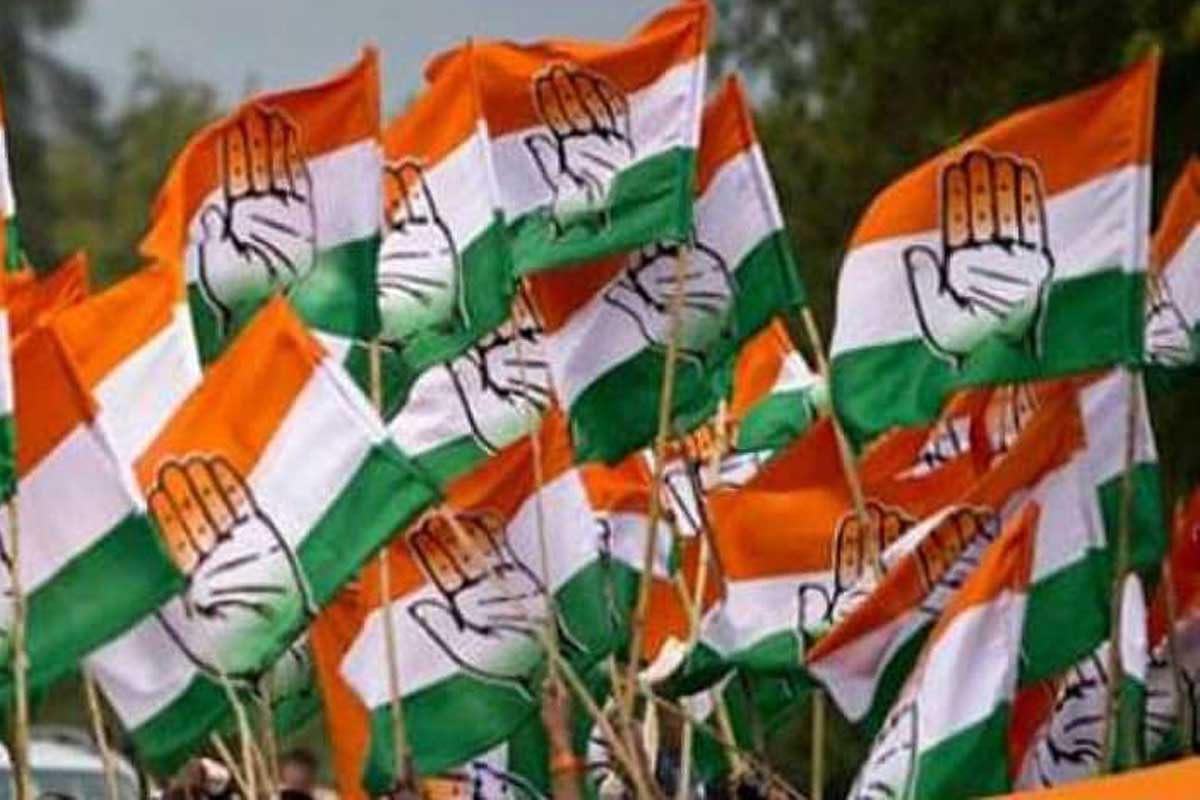
While much of the Congress’s focus is on the “Bharat-Jodo” yatra that is right now moving through Kerala and the upcoming polls for the party president, it has continued its political attack on the BJP in Delhi.
Congress Member of Parliament and national spokesperson, Abhishek Manu Singhvi, has accused the BJP of failing on multiple fronts, including controlling inflation, not sharing the truth regarding Chinese troops occupying Indian territories, and failing to control crime.
Singhvi, while addressing a press conference at the All India Congress Committee (AICC) headquarters, quoted public statements and official records to put across his points while claiming that the BJP was using the Enforcement Directorate (ED) to silence the opposition and divert the attention of the masses from these “failures”.
“The government kept the citizens in the dark for almost two and a half years on the situation across the LAC in Ladakh. The village head of one of the last settlements along the LAC in Ladakh’s Chushul has said that in the past year at least three large grazing areas near the village have been turned into “no man’s land” or “buffer zones” after Indian troops pulled back from patrolling points in Kugrang Valley that includes patrolling points (PP) 15, 16 and 17.He has confessed that graziers have lost access to around 41 km of the Kugrang Valley. Today itself, the Navy Chief Admiral R Hari Kumar stated that China is still a “formidable challenge” at the border and that evolving terrorism is a major security threat for the country. He further said China has kept on increasing its presence not just on land but also on maritime borders,” Singhvi said.
Quoting public records, Singhvi stated that the country was facing multiple challenges on the economic front, with food prices in the current week rising by 40%-50%.
“The tomato prices that hovered between Rs 30-40 a kilogram a week ago in Uttar Pradesh have now risen to Rs 80 per kilogram. While capsicum is being sold at Rs 80 per kilogram, brinjal is being sold at Rs 40 per kilogram, onion is being sold at Rs 25 per kilogram and cauliflower price ranges between Rs 40-50 per kilogram. A common situation is being seen simultaneously in several other Indian cities as well. The Indian economy is undergoing a double whammy as retail inflation accelerated to 7% in August driven by high food and fuel costs, while factory output plunged to a four-month low of 2.4%. CPI inflation climbed to 7% from 6.71% in July and 5.3% in August 2021. A 6-7 million tonnes shortfall in rice production due to a fall in paddy sowing area is likely to keep rice prices at elevated levels, adding to the inflationary pressure that the slowing economy is already grappling with,” he claimed.
“According to data released today by the Reserve Bank of India, India’s foreign exchange reserves fell by $2.23 billion to $550.87 billion for the week ending Sep 9. A few days back it had emerged that every one in six MSME loan accounts under the much touted pandemic relief package has turned NPA. In an indication of the continuing distress in the Micro Small and Medium Enterprises (MSME) sector, one in every six loans disbursed under the Emergency Credit Line Guarantee Scheme (ECLG Scheme) launched as part of the Covid-19 relief package in May 2020 has turned bad in just 27 months, “ Singhvi said while sharing official data.
Quoting the data released by the National Crime Record Bureau, Singhvi said that of the six million crimes that police in India recorded between 1 January and 31 December last year, 428278 cases involved crimes against women, a rise of 26.35% over six years—from 338,954 cases in 2016,
According to Singhvi, the government was using the ED to divert attention from its failures on multiple fronts. “Since 2014, there has been a four-fold jump in ED cases against politicians, out of which 95% are from opposition parties. 121 prominent politicians have been under ED probe since that year, of whom the agency booked, raided, questioned or arrested as many as 115 opposition leaders — 95 per cent, and that, too, with a staff strength that is less than one-third of the CBI. This is in sharp contrast to the agency’s case-book in the UPA regime (2004 to 2014) – only 26 political leaders in all were probed by the agency. These included 14 from the Opposition (54 per cent),” stated Singhvi.
